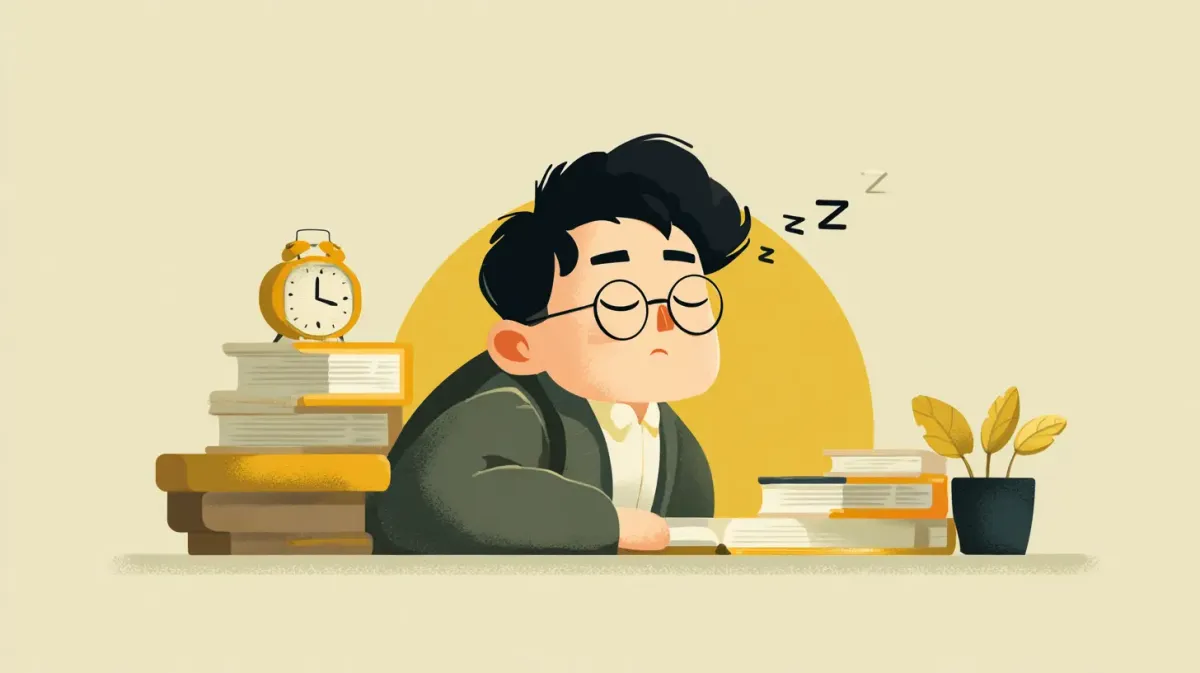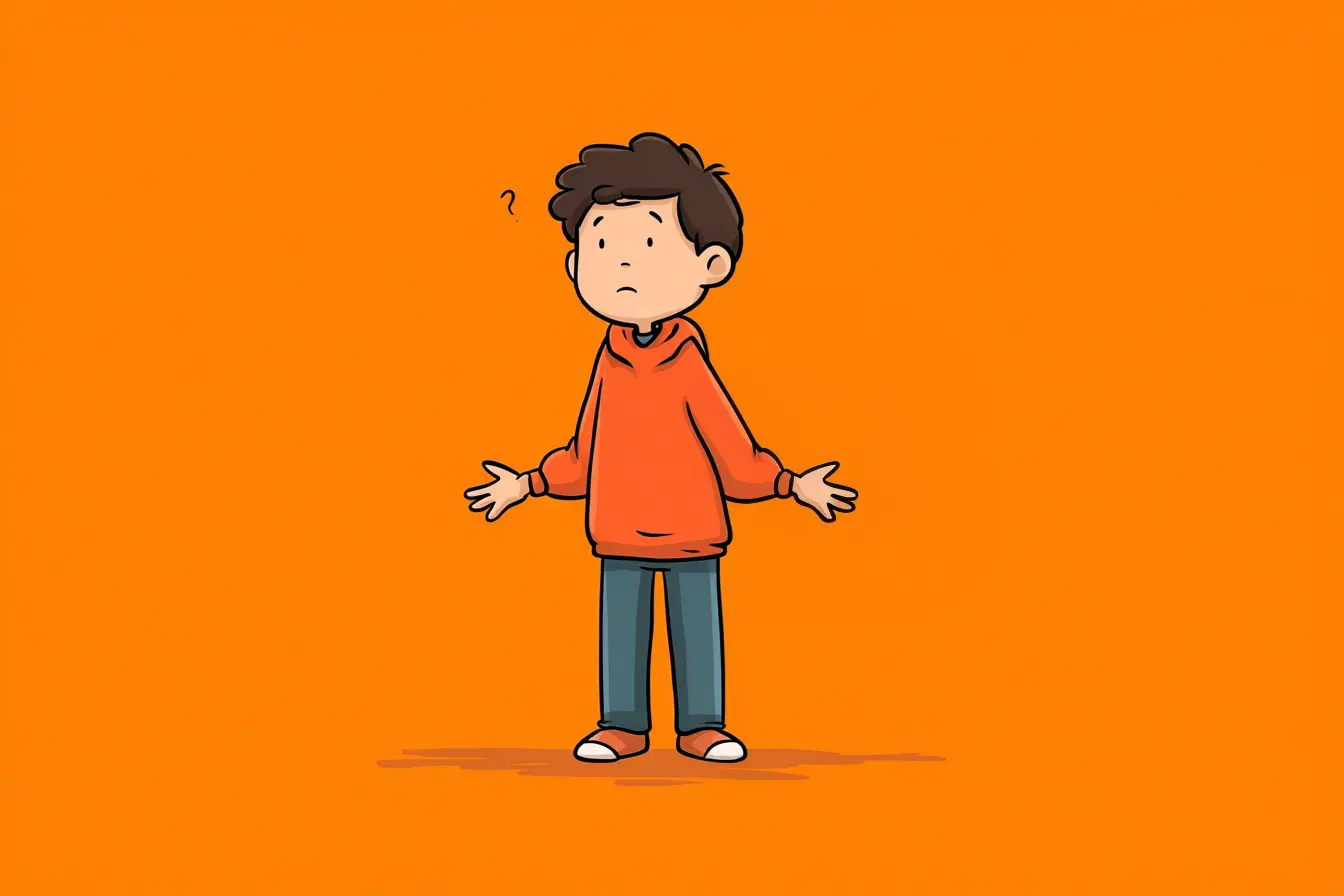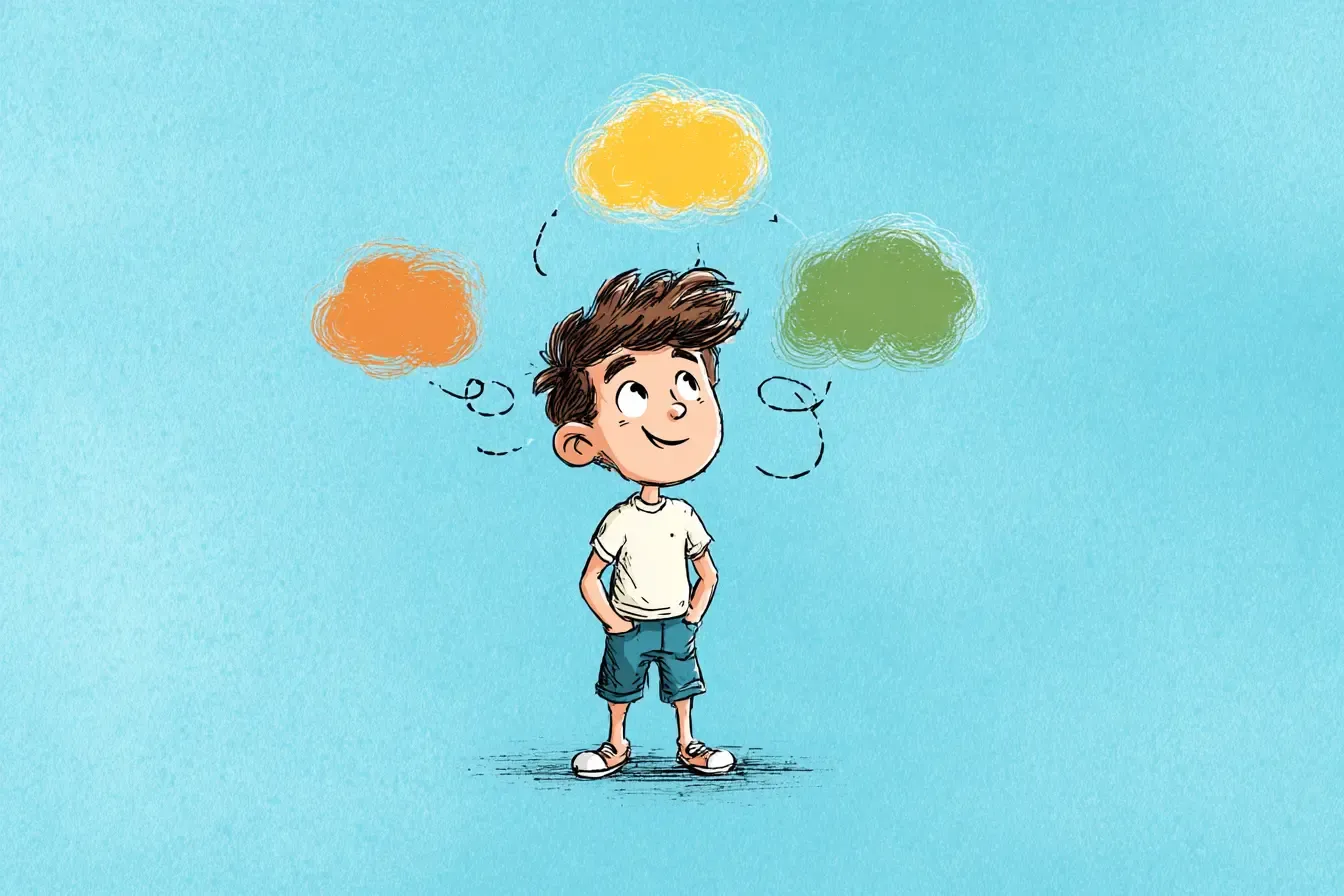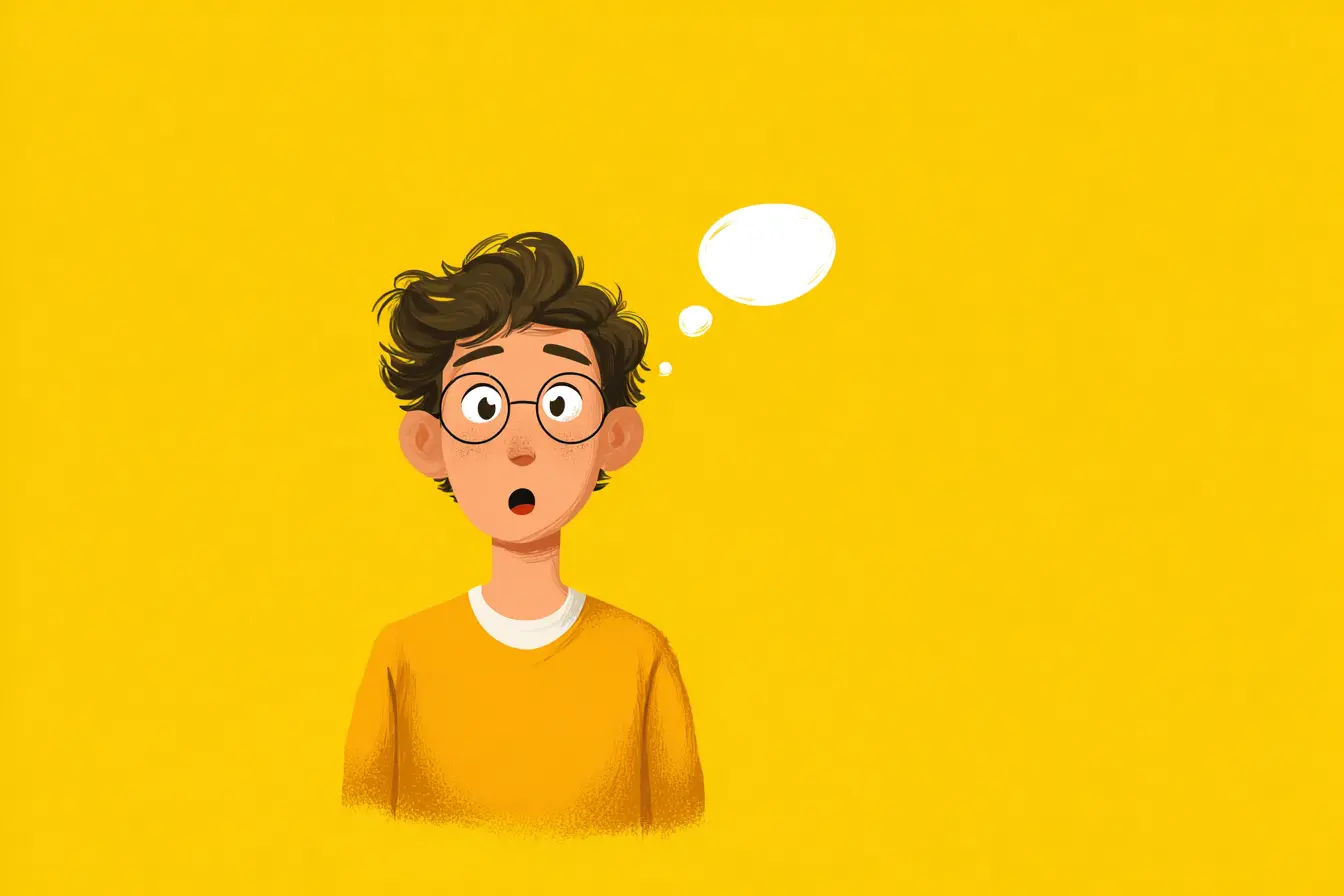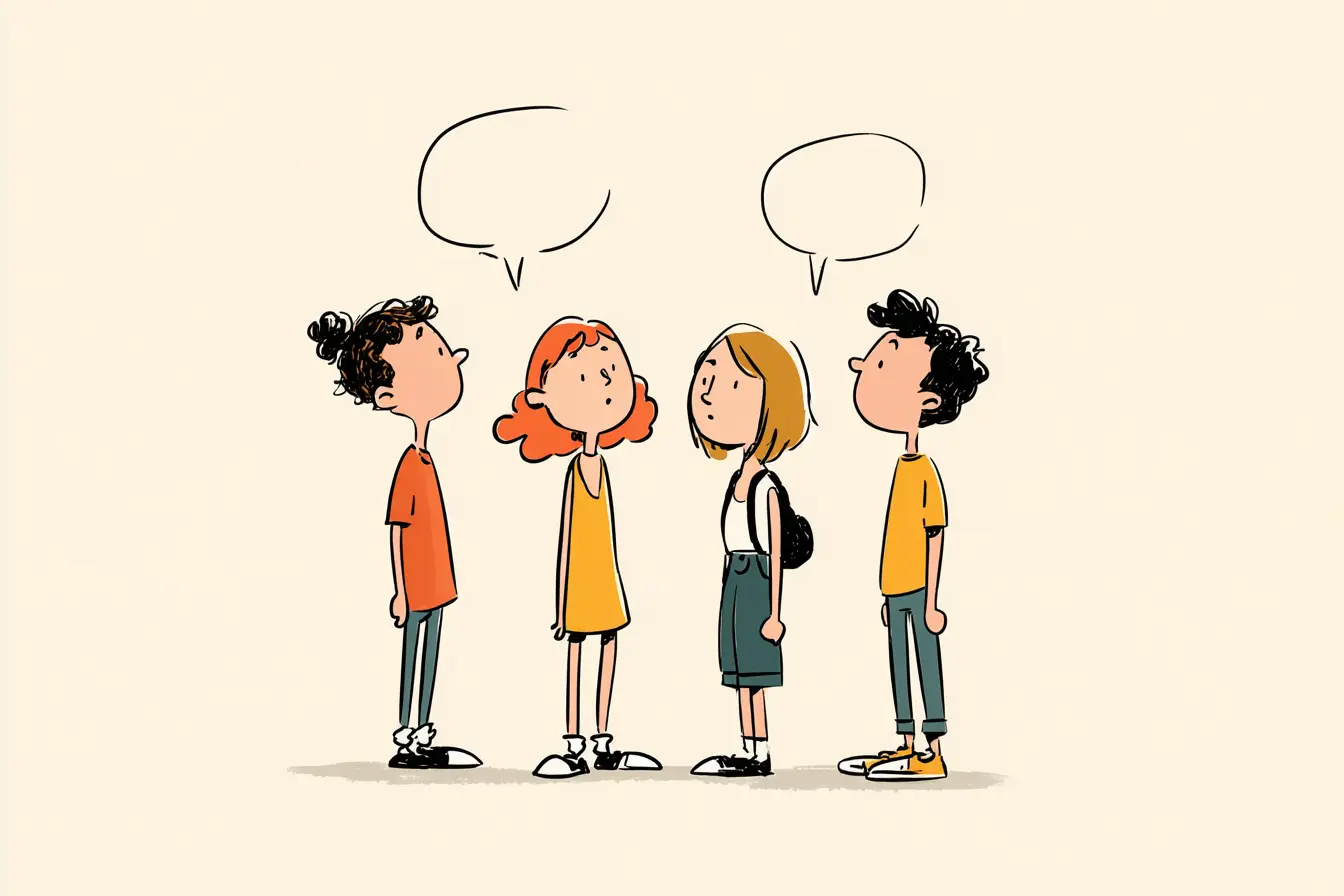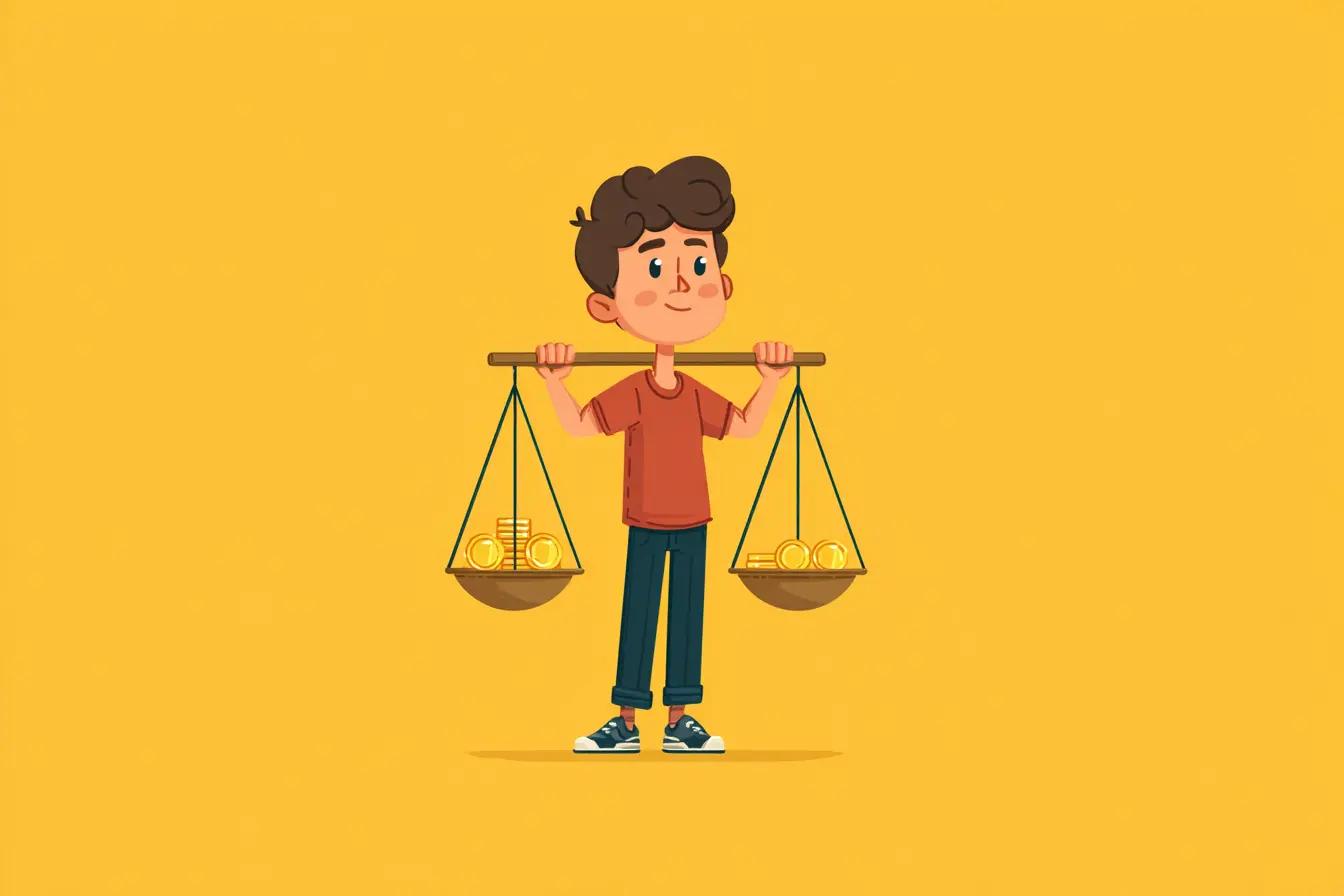Picture this: you drift off to sleep with soft French phrases playing in your ears. Eight hours later, you wake up whispering je t’aime in your dreams. A fantasy? Maybe. But not entirely.
The idea that we can learn a language while sleeping has fascinated scientists, students, and language lovers for decades. It sounds too good to be true, but the science behind it might surprise you.
Your Brain Never Really Sleeps
Let’s start with something incredible: while your body rests, your brain stays busy, organizing memories, reinforcing knowledge, and even making room for new ideas. In fact, some regions of the brain are more active during certain sleep stages than when you're awake.
This is where sleep-learning (or hypnopedia) comes into play. It’s not a new concept: people have been experimenting with learning during sleep since the 1950s. Back then, it was mostly fringe science. Today, however, we have real research, brain scans, and controlled experiments that say: yes, your sleeping brain can absorb information under the right conditions.
What You Can Learn While Sleeping (And What You Can’t)
You won’t wake up fluent in Japanese after one night of listening to anime dialogue.
But studies have shown that you can reinforce certain kinds of information, especially:
- Foreign vocabulary (single words or short phrases)
- Correct pronunciation patterns
- Sound recognition and repetition
However, complex tasks like grammar rules, sentence structure, or conversation are beyond the capabilities of sleepy brains. You can’t fully “learn” a language in your sleep, but you can boost and solidify things you’ve already studied while awake.
This lines up with the most common question people ask: does learning a language while sleeping work? The answer is a qualified yes: it works as reinforcement, not as a replacement.
The Science Behind Sleep-Learning
A 2014 study published in Nature Neuroscience made headlines. Participants were taught foreign word pairs and then exposed to those same word pairs again during deep sleep (slow-wave sleep). The next day, they remembered more words than the control group.
In 2019, researchers at the University of Bern took this further. They used EEG machines to observe participants learning vocabulary during sleep and found that words played in sync with the rhythm of slow brain waves were more likely to be retained. In other words, your brain has a “sweet spot” during deep sleep where it's open to learning.
More recently, scientists have explored the role of theta waves, brain oscillations that increase during the light sleep phase. These waves are linked to creativity, problem-solving, and memory formation. That’s when you’re most likely to benefit from exposure to new words or sounds.
So… How Can You Learn a Language in Your Sleep?
Here’s what real language learners (and researchers) recommend if you want to make the most of your sleep hours:
Step 1: Learn While Awake First
This is key. Your brain retains best what it already recognizes. So before bed, study new vocabulary, practice pronunciation, or do a quick review session.
Step 2: Create an Audio Playlist
Choose recordings with clear pronunciation and simple structure. Think: vocabulary lists, phrases with translations, or slow conversation tracks. Repetition helps.
Step 3: Play the Audio During Sleep
You can use a timer to start the audio an hour after you fall asleep, or a smart sleep tracker to time it with light sleep stages. Too much noise during deep sleep can backfire, so volume and timing matter.
Step 4: Review Again in the Morning
When you wake up, do a quick review. Say the words out loud. Repetition from sleep to wake helps “lock in” the knowledge.
The Myth of Instant Fluency
If you’re wondering how long does it take to learn a language in your sleep, here’s the truth: you can’t calculate it because sleep-learning isn’t a full method, it’s a memory booster.
What’s realistic is this: if you combine daily study with smart sleep reinforcement over weeks or months, you’ll remember more vocabulary faster and retain it longer. But there’s no shortcut around actual language practice.
So if someone claims you can become fluent in 30 days by listening while you nap, sorry, science doesn’t back that up.
A Few More Fascinating Sleep-Learning Facts
🧠 Your brain is more receptive to foreign sounds than you think.
Even newborns can distinguish vowel sounds from multiple languages, and we retain some of that flexibility into adulthood, especially during sleep.
🎧 Smell affects memory, too.
A study showed that when participants learned vocabulary while smelling roses, and the same scent was released during their sleep, their recall improved. Your memory is multi-sensory.
🌀 Dreams might be part of the process.
There’s evidence that dreaming about what you study helps with retention. So that dream where you’re ordering tacos in perfect Spanish? It might actually mean your brain is processing what you’ve learned.
To wrap it all up:
- ✅ Is it possible to learn a language while sleeping? Yes, but mostly vocabulary and only as a support tool.
- ❌ Can you become fluent just by sleeping? No. Sorry, no magical sleep-fluency method exists.
- 🌙 Does it help? Absolutely, when paired with active learning.
It is a great idea to create your nighttime language ritual. Read, review, press play on those recordings, and let your brain do the rest. You won’t wake up bilingual overnight. But you will wake up just a little bit better than the day before.


